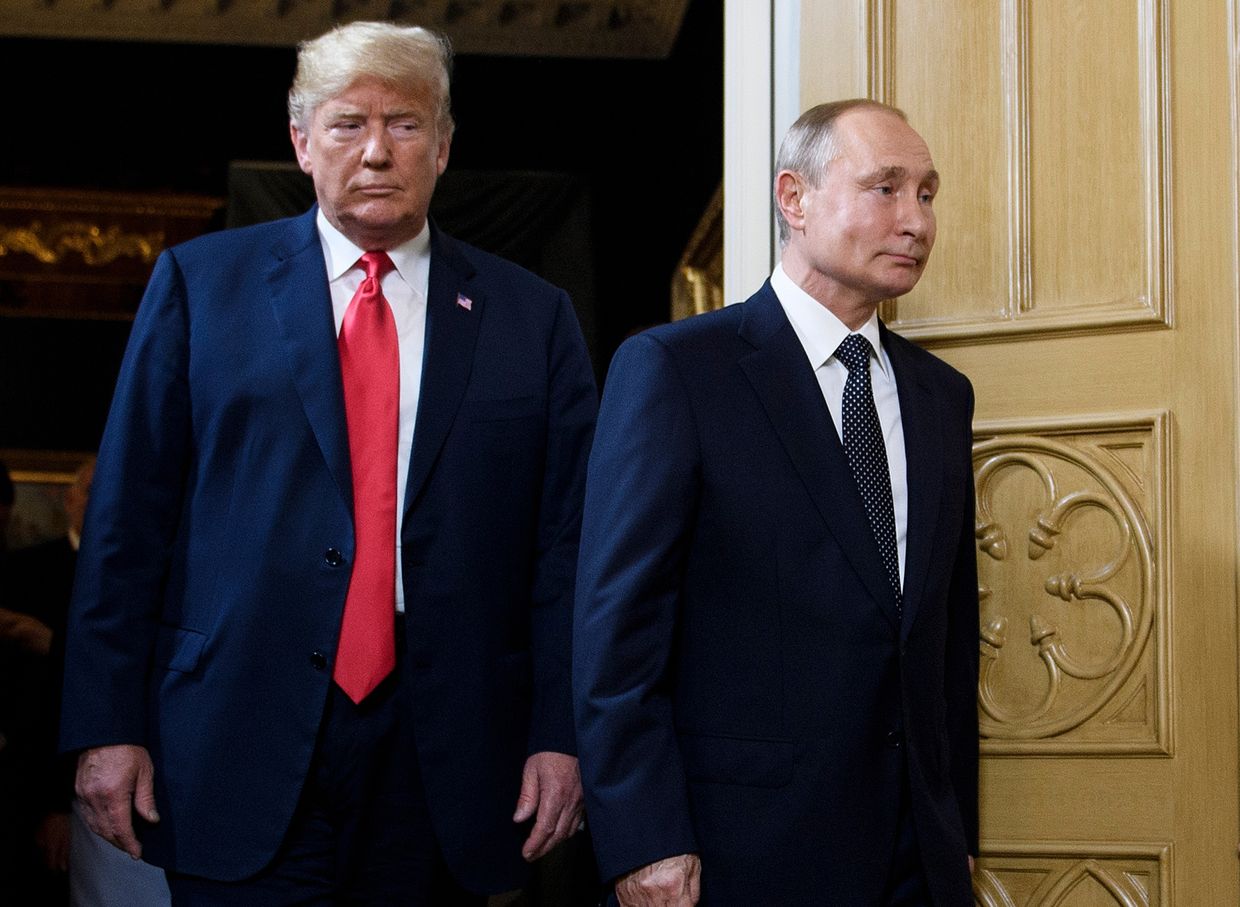Elon Musk announces exit from US government role

Elon Musk announced on May 29 that his time as a special government employee in the Trump administration is coming to an end, thanking U.S. President Donald Trump for the "opportunity to reduce wasteful spending."
The billionaire, who oversaw the Department of Government Efficiency's (DOGE) massive layoffs and cuts across government agencies, said the department's mission will continue.
"The DOGE mission will only strengthen over time as it becomes a way of life throughout the government," Musk wrote on his social platform X.
The later days of Musk's 130-day tenure, which is set to conclude on May 30, were accompanied by growing tensions between the world's richest man and senior members of the Trump administration, reportedly including Treasury Secretary Scott Bessent.
Musk also criticized a massive Trump-backed domestic policy bill passed by the Republicans in the House of Representatives last week, saying the legislation "increases the budget deficit, not just decreases it, and undermines the work that the DOGE team is doing."
A White House official confirmed to Reuters that the owner of Tesla, X, and SpaceX is departing the administration. His exit, described as quick and unceremonious, was reportedly decided on a senior staff level and without a conversation with Trump, who previously repeatedly praised the billionaire.
The businessman was one of the most visible figures of Trump's election campaign and the early days of his administration, leading the effort to dismantle the United States Agency for International Development (USAID), the U.S.'s chief foreign aid agency.
USAID was vital in providing humanitarian relief worldwide and funded thousands of programs supporting human rights, democracy, education, civil society, and infrastructure development.
Since the start of Russia's full-scale invasion in February 2022, USAID has provided Ukraine with $2.6 billion in humanitarian aid, $5 billion in development assistance, and more than $30 billion in direct budget support, helping to rebuild schools after Russian attacks, pay for bomb shelters, advanced medical equipment for hospitals and much more.
Despite massive repercussions for the work of federal agencies and their employees, DOGE's steps were described as falling short of Musk's bold cost-saving ambitions, with the initial goal of saving $2 trillion downgraded to $150 billion.
Musk eventually scaled down his public presence amid dropping popularity ratings and slumping Tesla profits.
The businessman has also been vocal on the Russia-Ukraine war. While initially declaring support for the invaded country and providing his Starlink satellite communications to Ukraine, he gradually adopted pro-Russian and anti-Ukrainian talking points.
Musk spread narratives that President Volodymyr Zelensky has minimal support in the country, despite numerous polls showing otherwise, and accused the Ukrainian president of perpetuating a "never-ending draft meat grinder."
The billionaire has also repeatedly campaigned against military aid for Kyiv, claiming it only prolongs the war.












